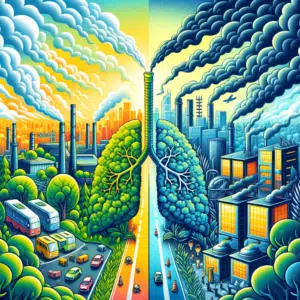
Air Pollution
Breathe Easy: Navigating the Complex World of Air Pollution Air pollution, a pervasive challenge in our modern world, impacts everything from our health to the
“If you want to change the world, start with yourself.” – Mohandas Gandhi
Home » Pollution
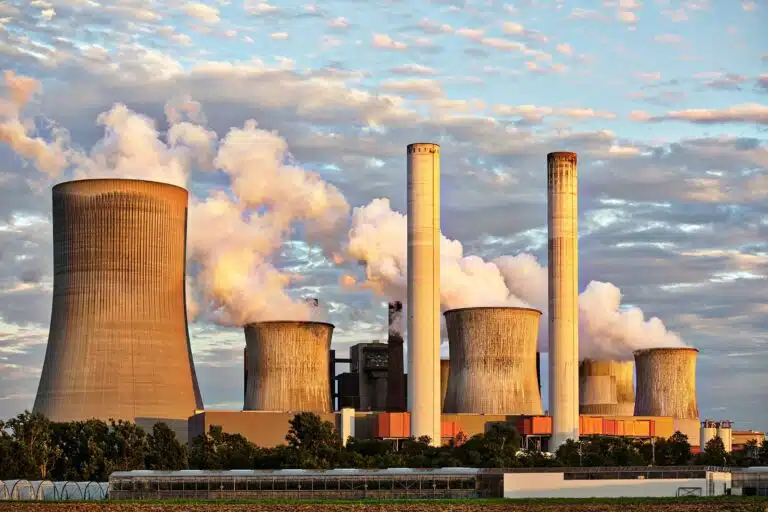

Pollution is a pressing issue that affects our planet in numerous ways. The term ‘pollution’ refers to the presence or introduction of harmful substances into the environment, which can have negative effects on the natural world, human health, and the economy. Pollution is a global problem that requires the collective efforts of individuals, businesses, and governments to address. In this article, we will explore the different types of pollution, their causes, and the measures we can take to mitigate their impact on our planet.
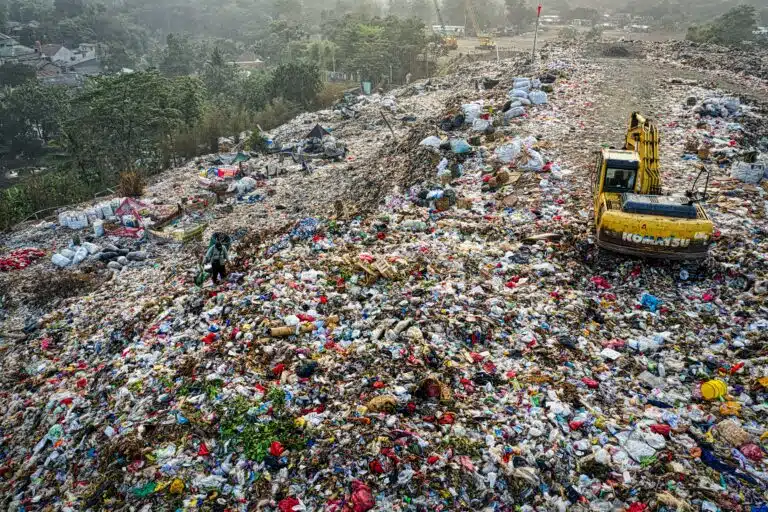
There are various types of pollution, including air pollution, water pollution, noise pollution, light pollution, soil pollution, and plastic pollution. Each of these types has its unique causes and effects, but all contribute to the degradation of the environment and its inhabitants.
Air pollution occurs when harmful substances like particulate matter, ozone, and carbon monoxide are released into the air, making it harmful to breathe. Sources of air pollution include transportation, industry, and burning fossil fuels. The effects of air pollution on human health include respiratory diseases, cardiovascular diseases, and lung cancer.
Water pollution occurs when harmful substances like pesticides, fertilizers, and sewage are released into water bodies, making them unsafe for human consumption and aquatic life. Causes of water pollution include industrial activities, agriculture, and human activities like littering. The effects of water pollution include waterborne diseases, algal blooms, and the destruction of aquatic ecosystems.
Noise pollution is excessive noise that can have negative effects on human health and the environment. Sources of noise pollution include transportation, industrial activities, and loud music. The effects of noise pollution on human health include hearing loss, sleep disturbance, and stress.
Light pollution is the excessive or misdirected use of artificial light, which can have negative effects on human health, wildlife, and the environment. Sources of light pollution include streetlights, floodlights, and outdoor advertising. The effects of light pollution include disrupted sleep patterns, reduced visibility of stars, and the disorientation of wildlife.
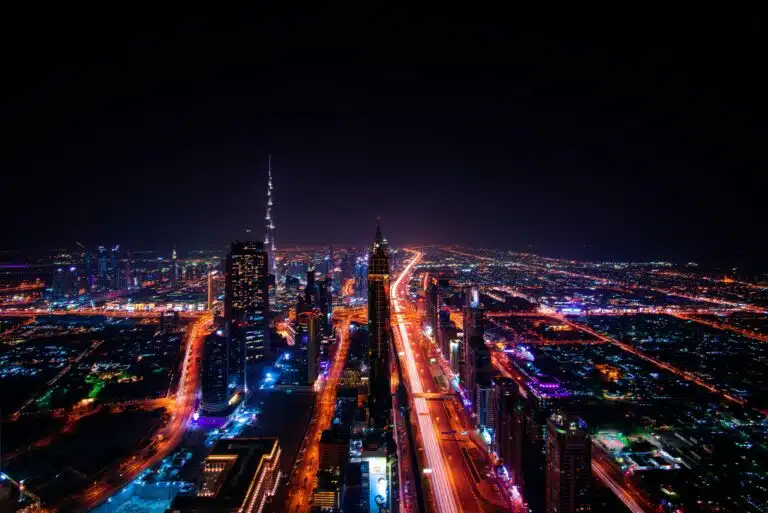
Soil pollution occurs when harmful substances like pesticides, herbicides, and heavy metals are introduced into the soil, making it unsuitable for agriculture and other uses. Causes of soil pollution include industrial activities, improper disposal of hazardous waste, and the use of pesticides and fertilizers. The effects of soil pollution include reduced crop yields, contaminated food, and the destruction of soil ecosystems.
Plastic pollution is the accumulation of plastic waste in the environment, which can have negative effects on wildlife and human health. Causes of plastic pollution include single-use plastics like straws and bags, and the improper disposal of plastic waste. The effects of plastic pollution include the ingestion of plastic by wildlife, the entanglement of animals in plastic waste, and the release of harmful chemicals from plastic into the environment.
Reduce your carbon footprint by using public transportation, walking, or biking instead of driving.
Support businesses that use sustainable practices and reduce their environmental impact.
Reduce your energy consumption by turning off lights and electronics when not in use.
Properly dispose of hazardous waste, including batteries, electronics, and chemicals.
Use reusable bags, water bottles, and containers to reduce your use of single-use plastics.
Use environmentally-friendly cleaning products and avoid using pesticides and fertilizers in your garden.
Plant trees and support reforestation efforts to absorb carbon dioxide and improve air quality.
Recycle as much as possible and properly dispose of non-recyclable waste.
Advocate for environmental policies and support political candidates who prioritize environmental protection.
Educate others about the importance of reducing pollution and encourage them to take action.
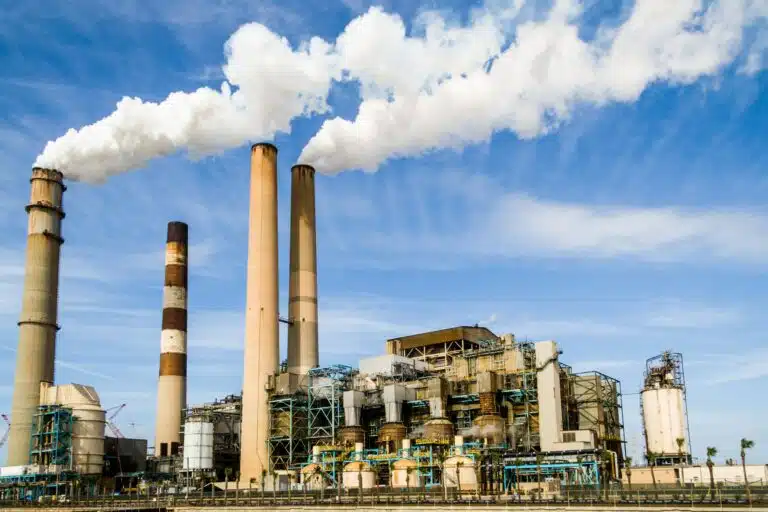
In conclusion, pollution is a significant environmental issue that affects the health and wellbeing of our planet and its inhabitants. We must take collective action to reduce pollution by making changes in our daily lives, supporting sustainable practices, and advocating for environmental policies. By taking small steps, we can make a significant impact in reducing pollution and creating a healthier planet for future generations. Let’s all do our part to protect the environment and preserve the beauty of our planet.

Breathe Easy: Navigating the Complex World of Air Pollution Air pollution, a pervasive challenge in our modern world, impacts everything from our health to the
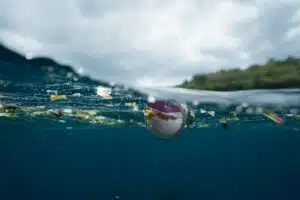
Environmental pollution is one of the biggest challenges facing the world today. It refers to the contamination of the environment by various human activities that
Join our mindful email list and get only important updates
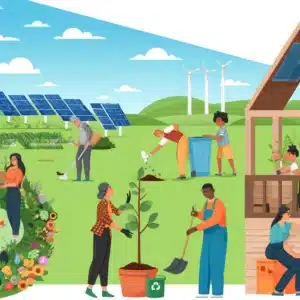
“Explore how to make ethical, low-impact choices daily through our blog on Sustainable Strategies. Understand the benefits of eco-friendly living for a better future.”
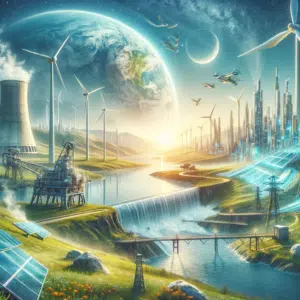
Discover insights into the future of clean energy with ‘Renewable Revelations’. Delve into the potential, benefits, and innovation of sustainable power sources for a greener planet.
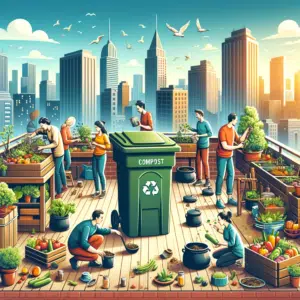
Uncover the transformative power of composting in urban lifestyles through our blog. Discover how Zero-Waste Heroes are making cities sustainable, green, and eco-friendly.
Take control of your impact today with our Carbon Footprint Calculator. Join the fight for a sustainable future and make a difference – one click at a time